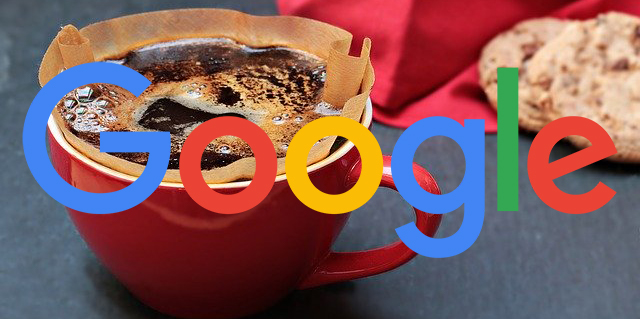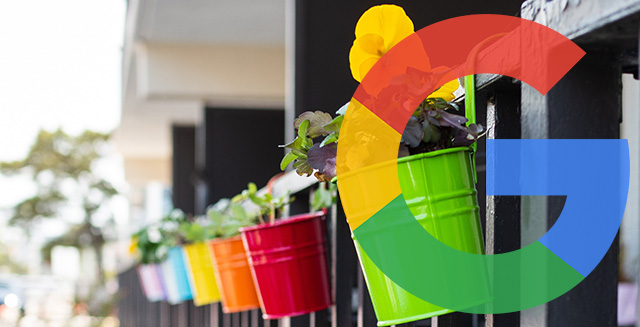How important is anchor text when it comes to page rankings? If you’re uncertain about the answer to that question, you’re not alone.
Anchor text is a multi-faceted and often misunderstood element of on-page SEO. And grasping it fully will give you a distinct benefit when it comes to developing an effective search engine optimization strategy.
Let’s take a closer look at anchor text: what it is, why it’s important, and how to adhere to best practices.
What Is Anchor Text?
The term “anchor text” refers to a snippet of clickable text that takes a user to a web page. Anchor text masks hyperlinks—the “naked” address of the page that is linked to. It is distinguished from other words in a block of content by its color, which tends to be blue.
For example, “Mobilegeddon” is the anchor text in the following sentence: Google rolled out Mobilegeddon on April 21, 2015.
If you look at the HTML code, you will see the following:
<a href=”https://en.wikipedia.org/wiki/Mobilegeddon”>Mobilegeddon</a>
Why Is Anchor Text Important?
Anchor text is important because Google and other search engines use it to determine what pages are about, which in turn affects the terms they rank for. And this isn’t just speculation. A survey of Google patents reveals numerous references to anchor text.
Along with other factors, Google analyzes the anchor text of inbound links to a page to categorize it by subject matter. This process impacts which results are served in response to a particular search query.
For example, imagine you create a webpage about dog treats, titled “Best Dog Treats.” Among generic anchors like “click here” and “more information,” other sites will likely use text along the lines of “dog treats,” “dog snacks,” and “snack tips for pet owners” when linking.
Analyzing these terms helps Google categorize your page by topic. Non-related anchors (i.e. anchors unrelated or partially related to your primary keyword) used to link to your content may even result in rankings for terms you hadn’t anticipated or targeted.
For example, third-party web admins may decide that your content also covers “healthy dog treats” or “inexpensive dog treats” and use these anchors to link to your page. When somebody types “inexpensive dog treats” into Google, your content may appear for that term even though you didn’t directly target it.
Types of Anchor Text: An Overview
Here is a quick rundown of the different types of anchor text:
- Rich anchor text: Any link that contains the primary target keyword of a page or a close variation.
- Exact match: A word or phrase that exactly mirrors the central subject of a page, usually in the form of its primary keyword. For example, “artificial grass” linking to a page about artificial grass.
- Partial match: A phrase that includes some of the words from a page’s primary multi-word keyword. For example, “not all grass is natural.”
- Phrase match: A broader phrase that includes the complete primary keyword of a page. For example, “how to use artificial grass.”
- Naked: An exact copy of a page’s URL hyperlink. For example: https://site.com/artificial-grass.
- Brand: Anchor text that refers to the brand name of a website. For example, “Get in touch with the friendly folks at BrightEdge for all your SEO needs.”
- Generic: A word or phrase that is unrelated to a web page’s primary keyword. For example, “click here,” “this link,” “here.”
- Image text: The alt text of an image that is also a link.
It’s also worth mentioning that some link anchors don’t fit into any category. If you run an anchor text analysis of your site, you will likely find lots of random, often incomprehensible, examples.
Anchor Text Best Practices:
Follow the steps below to ensure your anchor text strategy is in line with best practices:
1. Avoid Manipulating Anchor Text on Third-Party Sites
The long and short of the matter is that you have no control over how the vast majority of sites link to your content. And this is a good thing. It will result in a natural, balanced anchor text profile that sends all the right signals to the search engines.
Actively manipulating anchor text, on the other hand, is risky. You are much more likely to incur the wrath of Google if you attempt to artificially shape your link profile.
2. Use a Suitable Length for Links on Your Site
There is a lot of advice floating around the web that link anchor text should be short. But there’s scant evidence for this claim.
The idea that all links should be succinct goes against a comment made by Google Search Advocate John Mueller in 2020:
“I don’t think we do anything special to the length of words in the anchor text. But rather, we use this anchor text as a way to provide extra context for the individual pages.
Sometimes if you have a longer anchor text that gives us a little bit more information. Sometimes it’s kind of like just a collection of different keywords.”
Instead of aiming for arbitrary terseness, think about how you can make anchor text for internal links relevant. Opt for anchors that provide context and clarity when describing the page that is being linked to.
3. Prioritize Visitor Experience
Recent algorithm updates strongly suggest that Google is increasingly viewing user experience as a primary metric—perhaps even the primary metric. From responsive design to EAT (expertise, authority and trust), the search giant is putting searchers first. And there’s no reason to think that this trend will change anytime soon.
When picking the anchor text that you do have control over, you should be guided by one central question: “How can I make this most relevant for my site visitors?” In most cases, users want the anchor text to be relevant. Anchors should provide information, clearly and succinctly where possible, about the linked-to page.
That said, if you believe that a more generic anchor will improve the user experience, don’t be afraid to use one.
4. Check for Broken Links
Broken links contribute to a poor site experience. As a result, they can be detrimental from an SEO perspective. Regularly check for broken links and update them accordingly.
5. Set the Color of Links to Blue
Studies show that blue links generate more clicks. Ever wonder why Google opts for blue in its search results?
If you have to go with another color because of the design of your site, pick one that stands out.
Conclusion
Anchor text is an unusual topic. In the vast majority of cases, the best strategy from an SEO perspective is to do nothing. You have no control over how other sites link to you. And attempting to interfere can quickly backfire.
For the links that you do have control over—internal links, select media mentions, the occasional guest post, etc.—following a simple strategy that prioritizes relevance and customer experience is likely to serve you best.
So there you have it. Everything you need to know about anchor text. Below you’ll find some more resources and guides for you to check out. Just click on the links—ahem, perfectly-written anchor text—below.
Related Resources From BrightEdge
An SEO for Beginner’s Guide
Four Imperatives for Successful SEO Execution in 2022
A Beginner’s Guide: Understanding SEO Keywords 101
Long-Tail Keywords: A Comprehensive Guide












